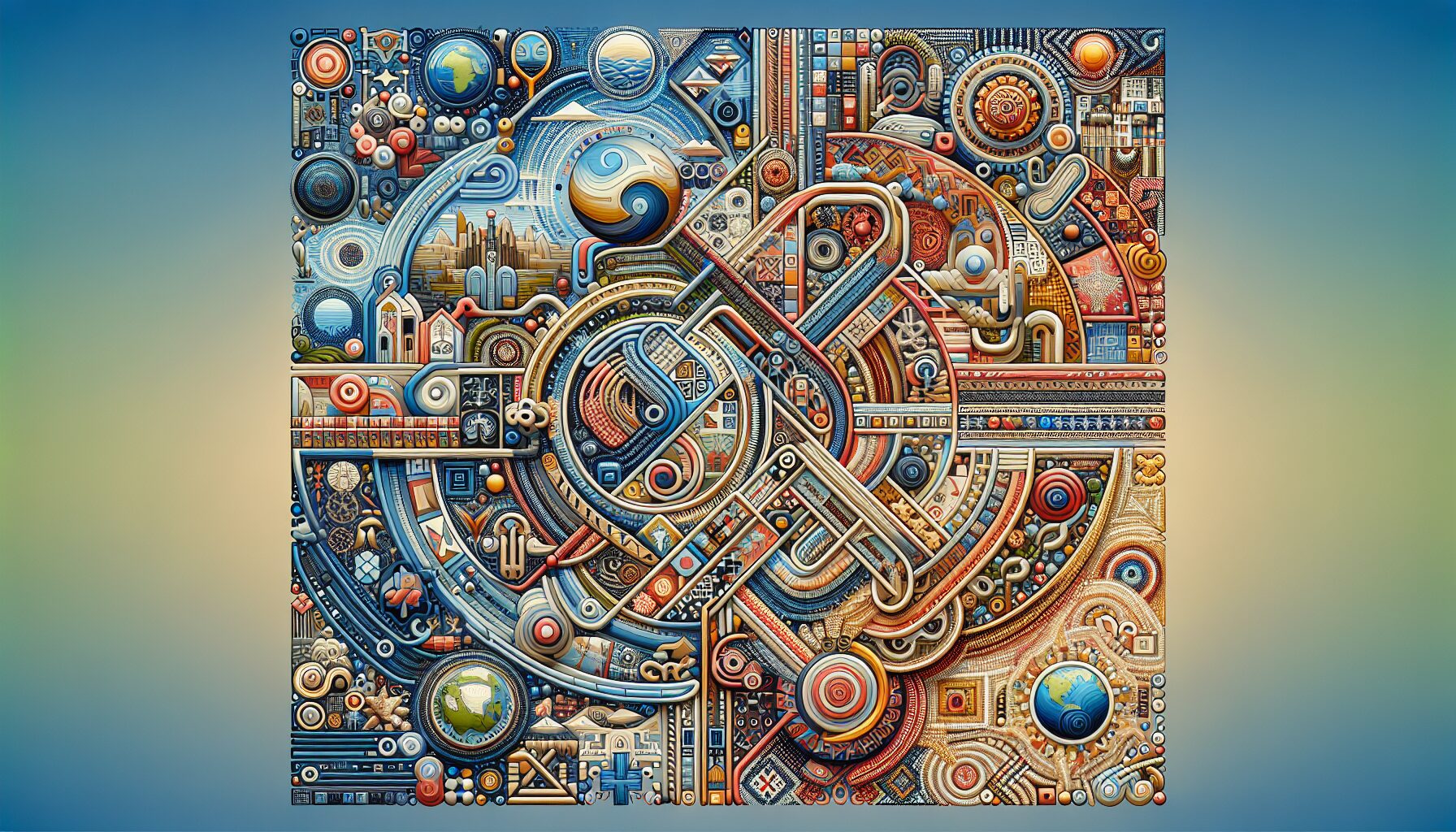The concept of the collective archetype has fascinated historians, sociologists, and psychologists for decades. Archetypes are recurrent symbols or motifs that appear in the lore of cultures across the world, and they provide deep insights into universal human experiences. The study of these archetypes reveals that, despite geographical and temporal distances, human societies develop strikingly similar myths and symbols.
Understanding Archetypes
Archetypes, as first popularized by Swiss psychiatrist Carl Jung, are innate universal psychic dispositions that form the substrate from which the basic themes of human life emerge. Jung noted, “The collective unconscious is common to all; it is the foundation of what the ancients called ‘the sympathy of all things.’” (Carl Jung, 20th century).
These archetypes manifest in myths, religions, dreams, and literature, embodying shared themes such as the Hero’s Journey, the Great Mother, and the Wise Old Man. Their symbolic nature speaks to fundamental human concerns such as birth, death, and personal development.
Patterns in Mythology
Perhaps the most clear example of archetypal patterns is seen in mythology. Many ancient tales, from Homer’s Odyssey in Greece to the Ramayana in India, depict a hero’s journey. This journey involves a departure, initiation, and eventual return, a theme analyzed comprehensively by Joseph Campbell in his seminal work The Hero with a Thousand Faces. Campbell elucidates that “A hero ventures forth from the world of common day into a region of supernatural wonder: fabulous forces are there encountered and a decisive victory is won” (Joseph Campbell, 1949).
Additionally, many cultures embrace the duality of creation and destruction through archetypes such as the Phoenix – emblematic of rebirth from destruction, a motif echoed in myths from the Egyptians to the Chinese.
Archetypes in Different Cultures
Ancient Egypt
- The concept of maat in Egyptian culture stands for truth and order, with the eponymous goddess personifying universal harmony. The story of Osiris and Isis recounts themes of betrayal, death, and resurrection.
Classical Greece
- Greek mythology introduces the archetype of the tragic hero in figures such as Oedipus and Hercules, each seeking redemption through trials and suffering.
Indigenous Cultures
- Native American tribes, like the Cherokee, speak of Sky Woman and Earth Diver myths, highlighting the sacredness of creation and humanity’s connection to the earth.
The Role of Modern Media
In modern times, archetypal patterns extend beyond traditional myths into contemporary media. Films, books, and video games often draw on ancient storytelling structures, consciously or unconsciously using the Hero’s Journey as groundwork. For example, the epic space opera Star Wars, which creator George Lucas has cited as based on Campbell’s work, illustrates the battle between good and evil through classic archetypal themes.
Moreover, video games such as The Legend of Zelda series exploit the archetype of the hero striving against evil, offering players an immersive taste of these timeless patterns.
“When we dream, our minds are carrying the story forward. It’s something that is central to who we are and that remember the past. That’s why myths never die.” – Neil Gaiman, acclaimed author and mythologist.
The Importance of Studying Archetypes
Identifying and understanding archetypal patterns enables us to connect with other cultures, recognize our shared humanity, and explore the deepest parts of the human psyche. This exploration fosters empathy and offers perspectives on universal life challenges we all face. As Carl Jung put it, “Knowing your own darkness is the best method for dealing with the darknesses of other people.”
In conclusion, while specific details and characters may differ, the shared patterns found in myths and stories worldwide reveal an interconnectedness that transcends borders and centuries. Delving into these collective archetypes allows each generation to find meaning in the universal experiences of life, death, love, and heroism, echoing the timeless human quest for understanding.

Comments